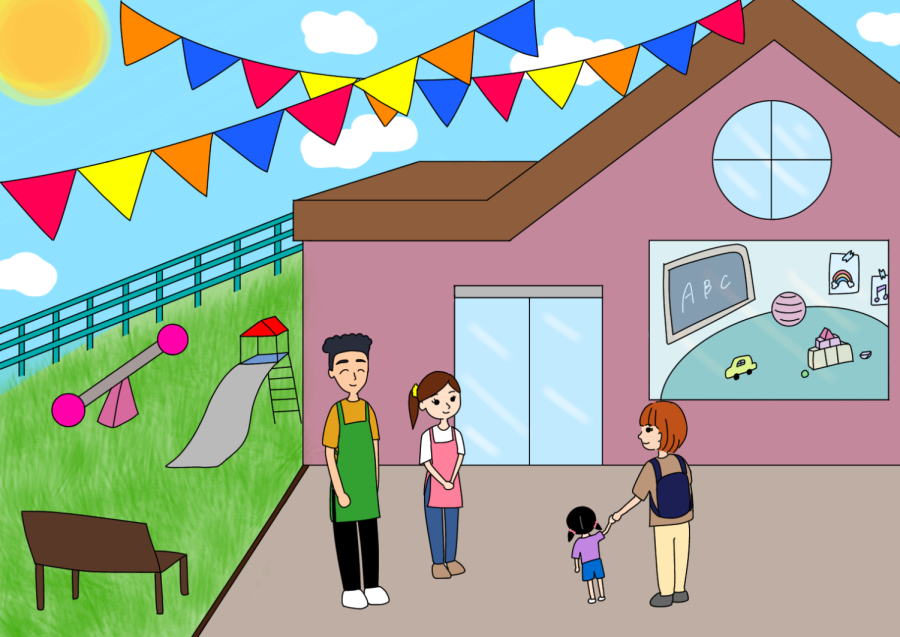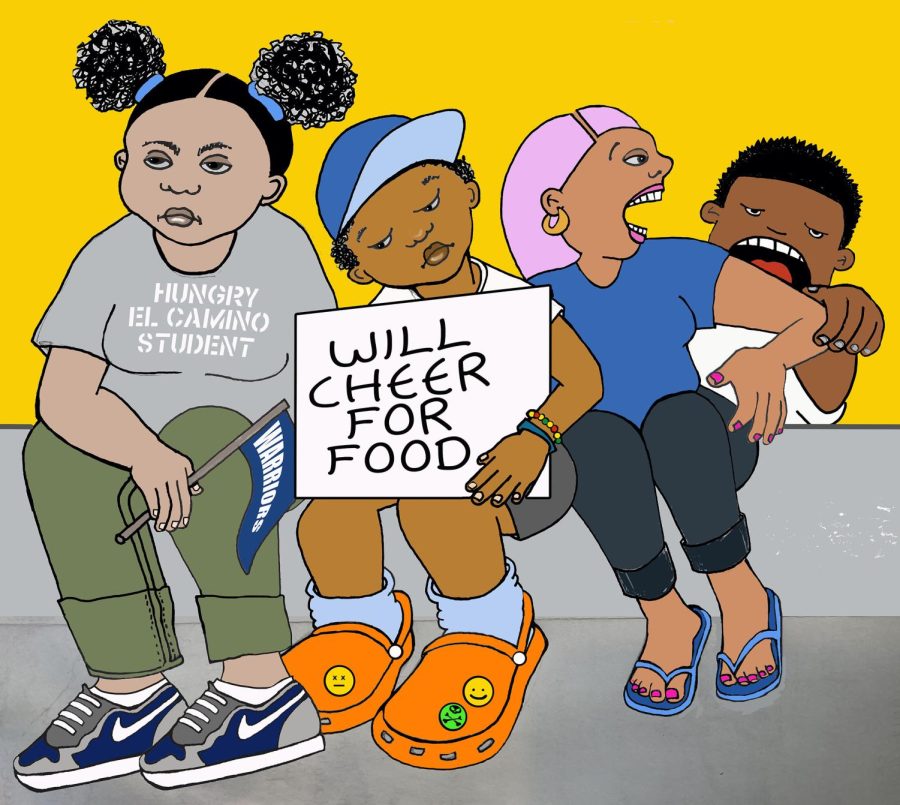“A Very Long Engagement,” directed by Jean-Pierre Jeunet, is a heart-wrenching movie about the lasting power of love, the underestimated power of persistence and the beauty of holding on.
Through graphic images, the movie presents the devastating effects of World War I, including the lives of the soldiers and their families they have left behind.
Jeunet masterfully portrayed stereotypical characters from the war, such as Manech (Gaspard Ulliel), a 19-year-old orphan who was selected to go to war to serve France, and Mathilde (Audrey Tautou), the woman Manech was engaged to marry.
During the war, Manech, along with four other soldiers, were court-martialed and considered prisoners in their own fleet. They were then thrusted into no-man’s land, where they were left to freely die.
As little kids, Manech and Mathilde overcame obstacles such as Mathilde’s polio, and as adults, they went through many tests that fate presented to them.
The romance that spurred between the couple cultivated her intuition and gave him motivation to live even after witnessing the grotesque events that happened in the war. During the war, they lost touch with each other and Manech was severely injured in the Somme trenches, which led his fellow soldiers to conclude that he was dead.
If there’s one thing that is obvious about Mathilde, it is her hopeful disposition even in times of great distress. The movie constructs Mathilde as a solid, unwavering character who adheres to her belief that Manech is still alive.
The war scenes were set in a trench taken over by the French, which was formally known as “Trench 108,” but the French fondly called it “Bingo Cr?puscule.”
It was a significant location throughout the movie, and after the war, it was an unkempt field that physically possessed the scraps of war and symbolically held the crucial answers to Mathilde’s most persistent questions.
The filmography is satisfying in such a way that the scenes depicting the war feel unbelievably real. The movie has its share of gory images, bodies bursting open, bombs landing on people, palms being shot, etc. Vivid imagery is spread throughout the film and the artistic landscape of France is demonstrated through the images of fields, cliffs and the rural areas of the country.
The movie also provides substantial amounts of European touches. Among these are: cathedrals, bell towers and old brick buildings. Throughout the movie, there is an obvious sepia overtone, which provides a nostalgic appeal reminiscent of old, discoloring pictures of years past.
To the soldiers, the war is emotionally and physically draining and Ulliel delivers an outstanding performance as a naive orphan in one scene and a tormented soldier in the next scene.
Tautou is excellent as Mathilde in that she naturally becomes the character; the leg brace she wore for Mathilde’s polio instantly grew on her.
Overall, Jeunet’s dramatic portrayal of France during the war provokes us to analyze one of the most damaging events that have ever happened, and his presentation of the characters against a backdrop of breathtaking spots in France acquaints us with the realization that everything is fleeting.
The casualties of war and the lives that the war has wasted give us a sense of sympathy for the lives that have been lost.
The depiction of love and hope touches us in a way that only a movie rich in art and beauty can.
On Screen
What: “A Very Long Engagment”: A woman searches for her fiance, who disappeared during World War I.
Rated: R
Starring: Audrey Tautou, Gaspard Ulliel, Jean-Pierre Becker.
Bottom Line: This film effectively reminds the audience that persistence and faith always perseveres through adversity.







